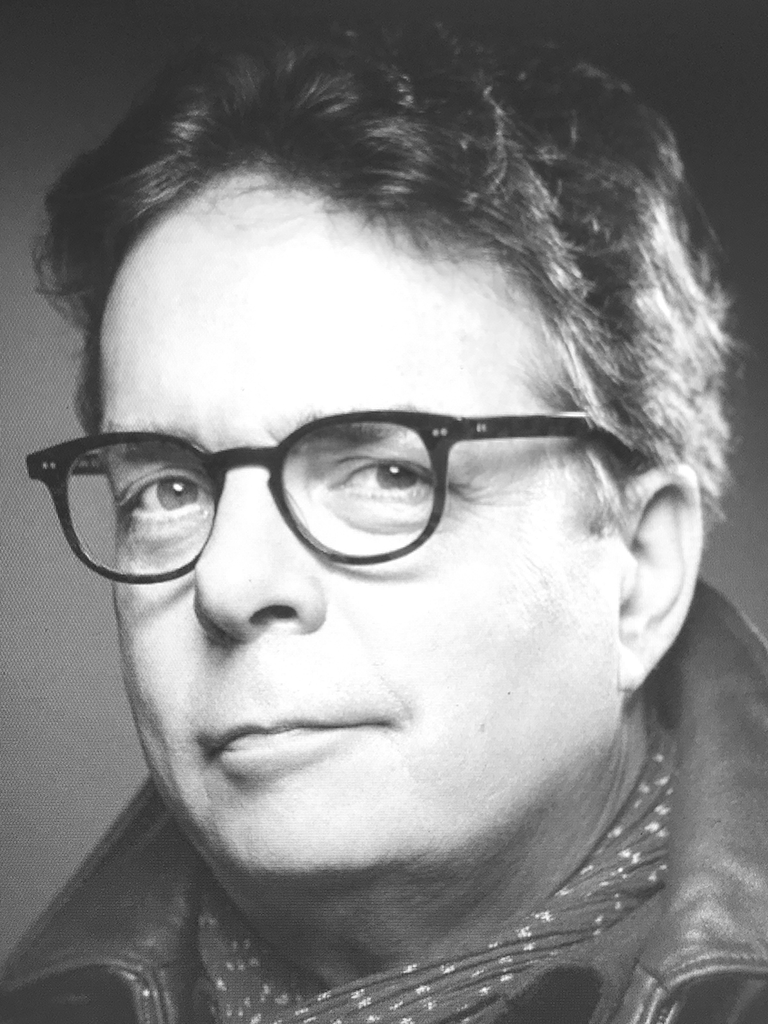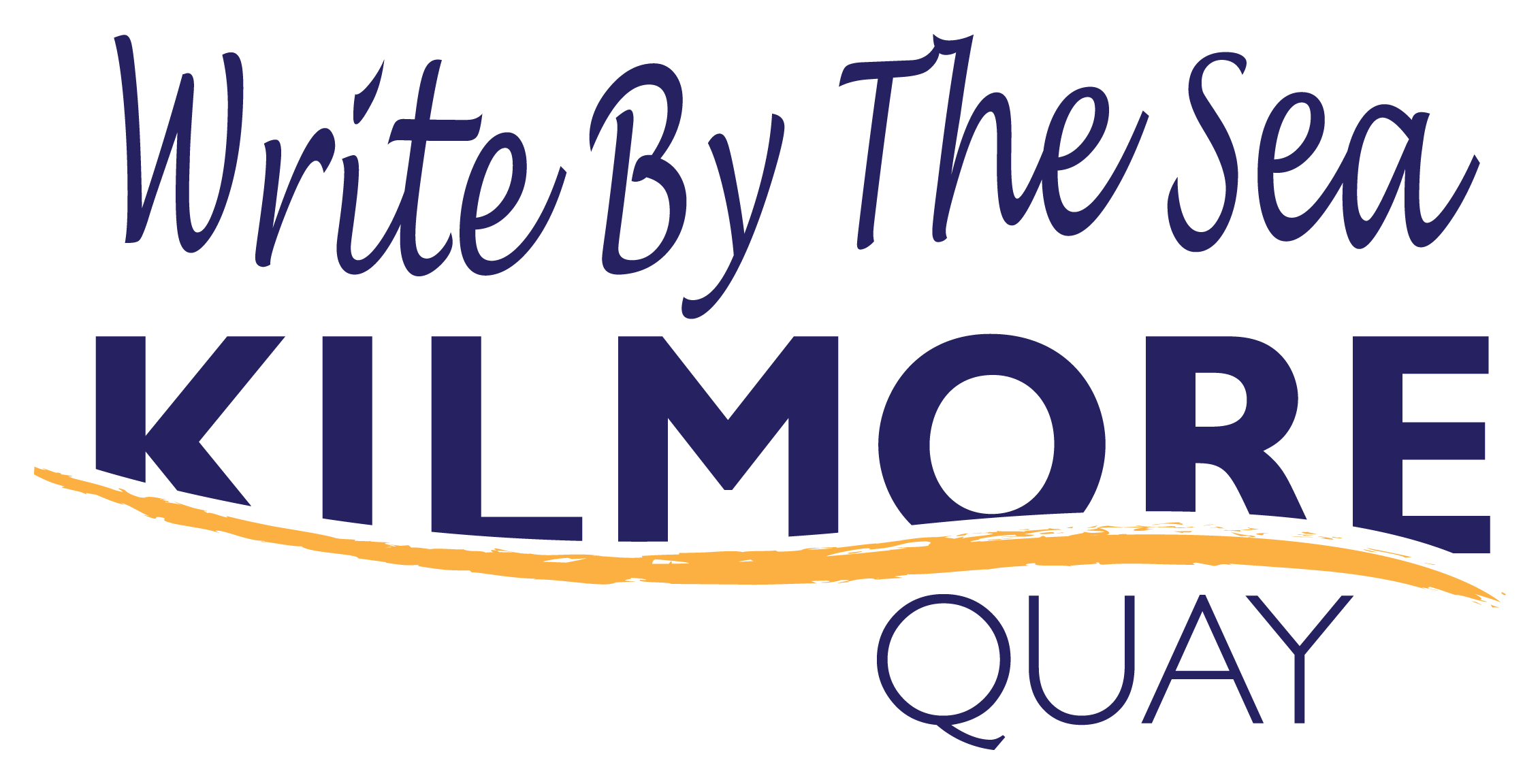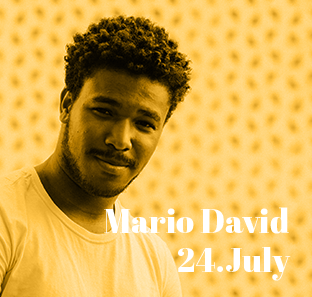
Douglas Kennedy was born in Manhattan in 1955. He spent a lot of his childhood visiting the galleries of New York and developing a taste for books, art and music – his escape from the realities of a discordant home life. He attended the Collegiate School in New York and Bowdoin College in
Douglas Kennedy was born in Manhattan in 1955. He spent a lot of his childhood visiting the galleries of New York and developing a taste for books, art and music – his escape from the realities of a discordant home life.
He attended the Collegiate School in New York and Bowdoin College in Maine before moving to Dublin in 1974 to study at Trinity College. On his return to New York in 1976 he worked as a stage manager at a variety of off-off-Broadway theatres. In March 1977, while “in between jobs”, he visited friends in Dublin. This was to be a turning point in his life.
Douglas helped co-found a theatre company – Stage One – in Dublin. Eighteen months later he joined the National Theatre of Ireland (the Abbey Theatre) as administrator of its experimental theatre, The Peacock. During his five years at The Peacock, he started to write at night. His plays were broadcast by BBC Radio 4, RTÉ and ABC in Australia. In 1983, Douglas resigned his position at The Peacock to write full-time. To pay the rent, he freelanced as a journalist, and wrote a column for the Irish Times between 1984 and 1986.
In March 1988, Douglas moved to London. He began to write for The Listener, New Statesman, and The Sunday Times. Between 1988 and 1992, he had three travel books published: Beyond the Pyramids (1988); In God’s Country (1989) and Chasing Mammon (1992). All three books were critically acclaimed but he continued his work as a freelance contributing to The Times, The Independent, Sunday Telegraph, Arena, and GQ.
In 1994, his first novel, The Dead Heart, was published by Little Brown and turned into a film, “Welcome to Woop Woop”. The Big Picture, Douglas’s second novel, was an international success. It won the 1997 WH Smith Thumping Good Read Award and was named as one of the Books of the Year in 1998 by the prestigious French literary magazine, “Lire“. To date, it has sold over three million copies worldwide. Kennedy’s fourth novel, The Pursuit of Happiness (2001) marked a radical departure from his previous psychological thrillers and one that has been his hallmark ever since. A great tragic love story, narrated by two women, it was set amidst the post-war optimism of New York in the 1940s and the subsequent nightmare of the McCarthy witch hunts,
Kennedy’s subsequent acclaimed novels include: A Special Relationship (2004), State of the Union (2006), The Woman in the Fifth (2007), Temptation (2008), Leaving the World (2009), The Moment (2011), Five Days (2014), and The Heat of Betrayal (2016).
He has sold over fifteen million copies worldwide.
He has also published a book of philosophy, All the Big Questions… With No Answers, and his first children’s book, Aurore’s Amazing Adventures (a collaboration with the acclaimed French illustrator Joann Sfar) was published in France in Spring 2019 with the rest of the world to follow. His original screenplay, Sous Le Vernis, began filming in France and Switzerland in early 2019.
Douglas Kennedy’s latest novel, Isabelle in the Afternoon, was published in January 2020.



